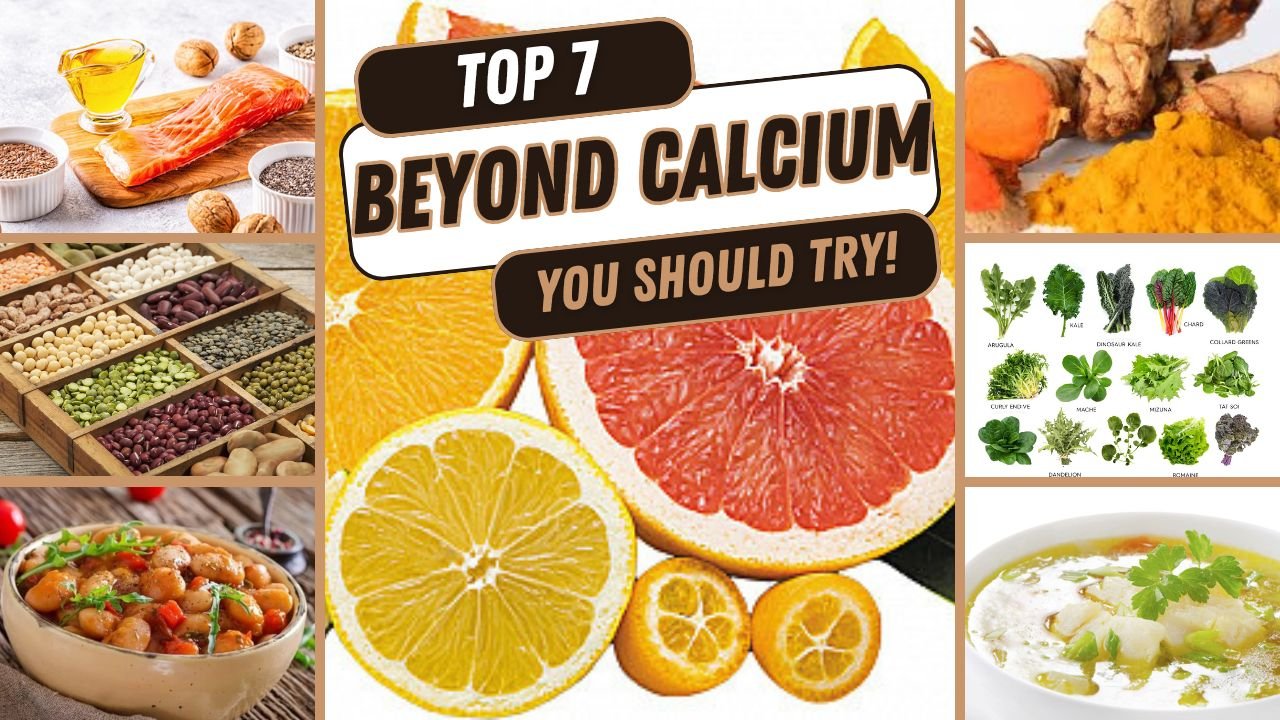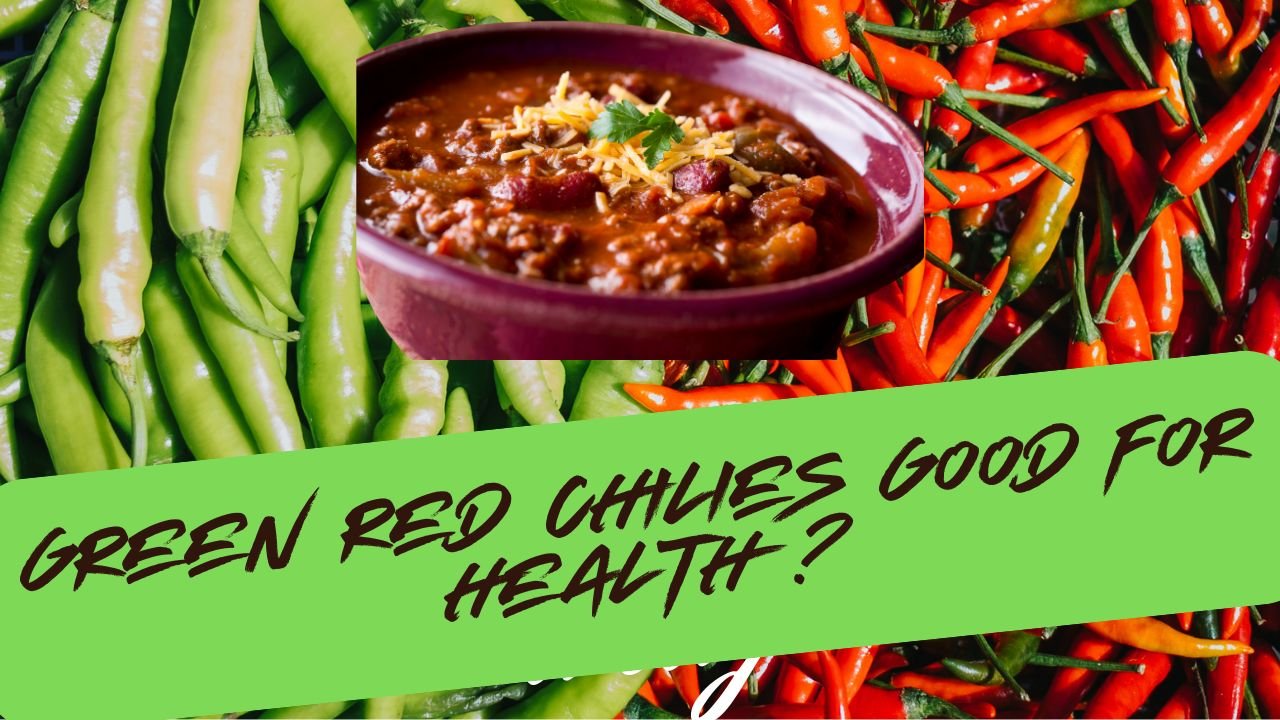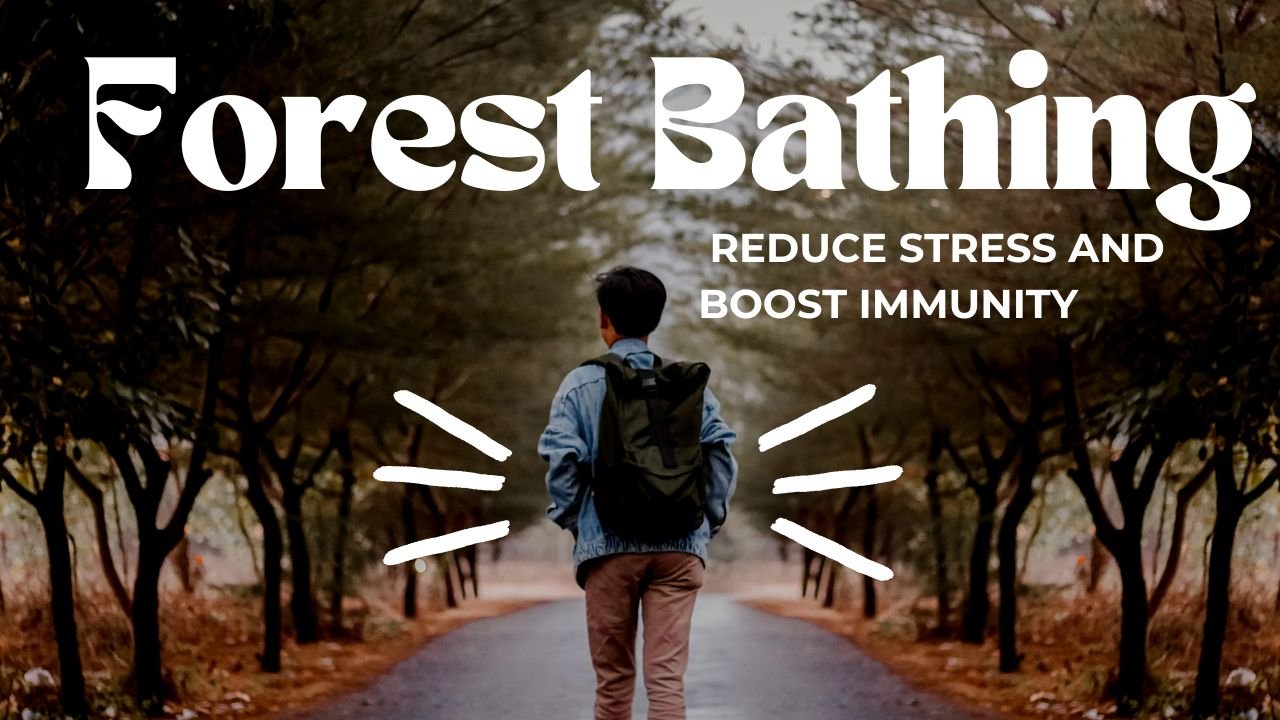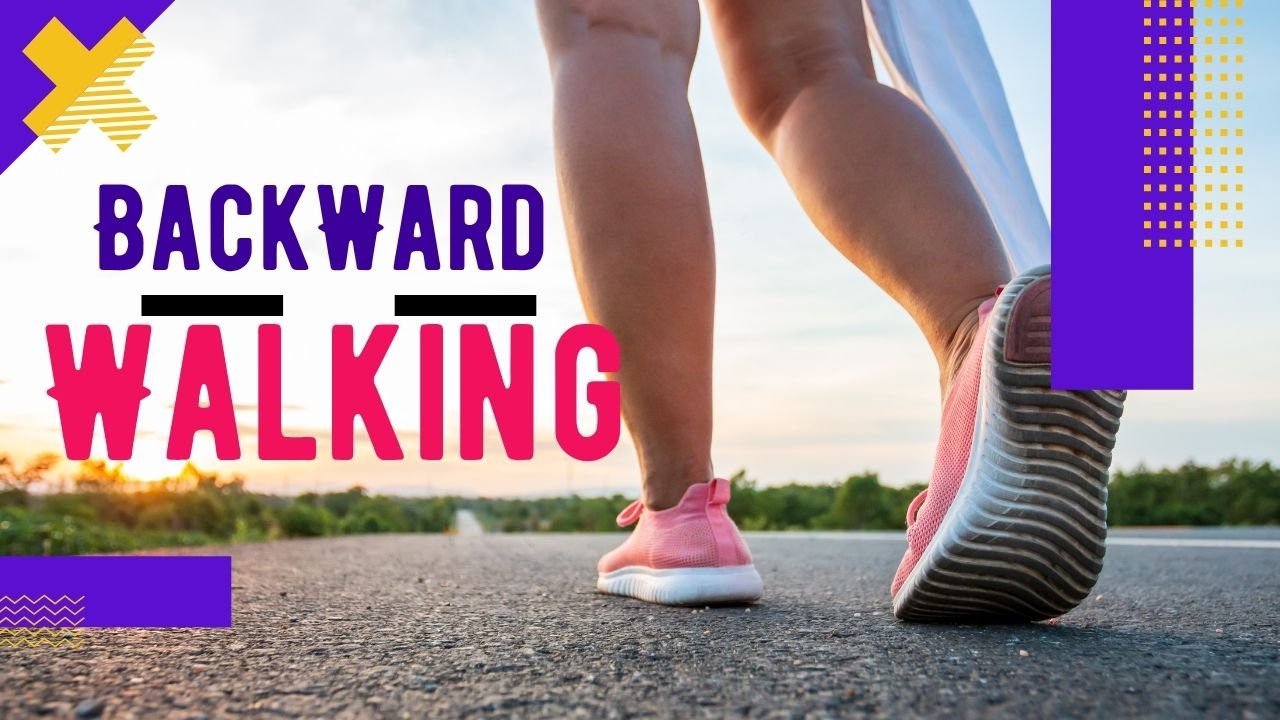Coffee vs Tea: Pros Cons for Kids and Adults
For centuries, coffee and tea have fueled our mornings, comforted our afternoons, and sparked lively debates. Which brew reigns supreme? The answer isn’t simple. Both offer unique benefits and drawbacks, impacting kids and adults differently. Let’s break down this Coffee vs Tea with pros and cons for kids and adults prospective.
The Core Contenders: Understanding Your Brew
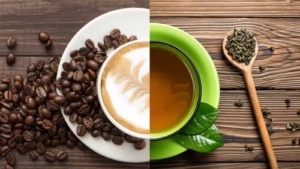
-
Coffee: Made from roasted beans of the Coffea plant. Prized for its robust flavor and high caffeine kick.
-
Tea: Primarily made from the leaves of the Camellia sinensis plant (black, green, white, oolong). Herbal “teas” are infusions of other plants (e.g., chamomile, peppermint) and are naturally caffeine-free.
Nutritional Powerhouse: Antioxidants Galore
Both drinks are loaded with beneficial plant compounds, primarily polyphenols, powerful antioxidants fighting cell damage and chronic disease.
-
Coffee’s Stars: Chlorogenic Acid (CGA), flavonoids. Linked to reduced inflammation and specific disease protection.
-
Tea’s Stars:
-
Black Tea: Theaflavins, Thearubigins.
-
Green Tea: Catechins (especially EGCG).
-
Herbal Tea: Varies widely (e.g., antioxidants in chamomile, peppermint).
-
Coffee vs Tea: Key Nutritional Profile (Per 8 oz Cup)
| Feature | Coffee (Brewed) | Black Tea | Green Tea | Herbal Tea |
|---|---|---|---|---|
| Caffeine | High (~95 mg) | Moderate (~47 mg) | Low-Moderate (~30 mg) | None (Typically) |
| Key Antioxidants | Chlorogenic Acid, Flavonoids | Theaflavins, Thearubigins | Catechins (EGCG) | Varies by plant (e.g., polyphenols in chamomile) |
| Calories | Negligible (black) | Negligible (unsweetened) | Negligible (unsweetened) | Negligible (unsweetened) |
| L-Theanine | Minimal | Yes | Yes | Varies |
Health Benefits: Where Each Brew Shines

For Adults:
-
Coffee Pros:
-
Stronger & Faster Energy Boost: Higher caffeine provides immediate alertness, improves reaction time & physical endurance.
-
Reduced Type 2 Diabetes Risk: Improves insulin sensitivity. Studies show significant risk reduction with regular consumption.
-
Liver Protector: Associated with lower risk of cirrhosis, fatty liver disease, and liver cancer.
-
Neuroprotective Effects: Linked to lower risk of Parkinson’s, Alzheimer’s, and dementia.
-
Heart Health (Moderate): 3-5 cups/day associated with reduced stroke and heart disease risk.
-
Potential Cancer Fighter: Some links to reduced risk of certain cancers (e.g., liver, colorectal).
-
-
Tea Pros:
-
Calm, Focused Energy: L-theanine in Camellia sinensis teas promotes relaxation without drowsiness, counteracting caffeine jitters for sustained, smooth alertness.
-
Heart Health Champion: Strong association with reduced stroke risk and improved blood vessel function. 2-3 cups daily may lower stroke risk by 14-21%.
-
Blood Pressure Moderation: Regular consumption (especially green/oolong) linked to healthier blood pressure levels.
-
Potential Cancer Protective Effects: Polyphenols (especially EGCG) show anti-cancer properties in lab studies. Observational data is mixed but promising for some cancers.
-
Hydration Contribution: Contributes to fluid intake (despite mild diuretic effect of caffeine).
-
Herbal Benefits: Peppermint (digestion), Chamomile (calming/sleep), Ginger (nausea) – offer symptom relief.

-
The Downsides: Potential Pitfalls for Each
-
Coffee Cons:
-
High Caffeine Sensitivity: Can cause anxiety, jitters, insomnia, rapid heartbeat, headaches, acid reflux/GERD, especially in sensitive individuals or with excess intake.
-
Sleep Disruption: Consuming later in the day significantly impacts sleep quality.
-
Addiction Potential: Caffeine dependence can lead to withdrawal headaches and fatigue.
-
Bone Density (High Intake): Very high intake (5+ cups) may be linked to lower bone density in some women; adequate calcium intake helps.
-
Cholesterol (Unfiltered): French press, Turkish coffee can raise LDL cholesterol 10.
-
Blood Sugar (With Diabetes): Caffeine can temporarily raise blood sugar in people with Type 2 Diabetes .
-
-
Tea Cons:
-
Iron Absorption (Especially Black Tea): Tannins can inhibit iron absorption from plant foods (non-heme iron). Drink between meals if concerned about iron .
-
Hot Tea & Cancer Risk: Drinking tea very hot (>140°F / 60°C) is associated with an increased risk of esophageal cancer . Always let it cool!
-
Caffeine Effects: While less than coffee, tea caffeine can still cause issues in sensitive individuals or with high intake (anxiety, sleep issues).
-
Herbal Tea Safety: Not all herbs are safe for everyone (e.g., chamomile/ragweed allergy) or during pregnancy/nursing. Consult a doctor for specific herbs.
-
The Critical Perspective: Kids and Caffeine
Expert Consensus: Children should generally avoid caffeine from coffee and traditional tea.
-
Why Kids Should Avoid Coffee & Caffeinated Tea:
-
No Safe Level Established: For children under 12, there is no known safe amount of caffeine 278. Adolescents (12-17) should limit intake to less than 100 mg/day.
-
Small Size, Bigger Impact: Kids are smaller, so caffeine affects them more strongly, leading to anxiety, jitters, increased heart rate, high blood pressure, sleep problems, headaches, nausea, and difficulty concentrating.
-
Disrupted Development: Caffeine interferes with sleep, which is crucial for growth, learning, and emotional regulation in children.
-
Dehydration & Nutrient Issues: Caffeine is a mild diuretic. Tannins in tea hinder iron absorption, a critical nutrient for growing kids.
-
Sugar Trap: “Kiddie coffee drinks” (frappes, mochas) and sweetened teas are loaded with sugar and fat, contributing to obesity, cavities, and poor nutrition.
-
Energy Drinks Are Dangerous: Absolutely NOT for children or teens. High caffeine, sugar, and stimulants pose serious health risks.
-
-
Herbal Tea for Kids (Use Caution):
-
Not for Infants: Never give tea (even herbal) to babies under 6 months.
-
Potential Option (2+ Years): Weakly brewed herbal teas (peppermint, chamomile – if no ragweed allergy, fruit teas) served cool can be hydrating alternatives to sugary drinks for kids over 2 and may soothe mild tummy aches or cold symptoms.
-
Always Check Ingredients & Consult Pediatrician: Safety varies. Talk to your child’s doctor before introducing herbal teas, especially with any health conditions.
-
Recommended Max Caffeine for Kids & Teens
| Age Group | Maximum Recommended Caffeine | Equivalent to… | Key Concerns |
|---|---|---|---|
| Under 12 | None | N/A | No safe level established. Risk of anxiety, sleep disruption, high BP, impaired development. |
| 12-17 Years | < 100 mg/day | ~2 cups black tea OR ~1 cup coffee | Anxiety, sleep issues, increased heart rate, BP. Avoid energy drinks! |
| Adults | < 400 mg/day | ~4 cups coffee OR ~8 cups black tea | Anxiety, insomnia, digestive issues, BP spikes (sensitive individuals). |
The Verdict: Which Brew Wins?
There’s no single winner. The best choice depends on your individual health, sensitivity, and goals:
-
Choose Coffee If: You need a strong, immediate energy boost, want potential benefits for diabetes prevention, liver health, or Parkinson’s risk reduction, and tolerate caffeine well (especially earlier in the day). Keep it black or with minimal healthy additions.
-
Choose Tea (Especially Green/Black) If: You prefer sustained, calm focus, prioritize heart health and stroke prevention, are sensitive to caffeine jitters, or want to drink something later in the day. Let it cool before drinking. Herbal teas offer caffeine-free benefits for specific symptoms.
-
Absolutely Avoid Caffeine (Coffee & Traditional Tea) If: You are pregnant/nursing (limit to <200mg caffeine), have severe anxiety, uncontrolled acid reflux, certain heart conditions, or extreme caffeine sensitivity. Kids should avoid it.
-
Moderation is Key for Adults: 3-5 cups of coffee or 2-5 cups of tea daily is generally associated with benefits for most adults, but listen to your body. Never drink them scalding hot.
-
Beware the Additives: The biggest health pitfall for both is loading them with sugar, syrups, and cream. A 580-calorie, 75g-sugar mocha negates any antioxidant benefit! Stick to black, or use small amounts of milk, plant milk, or minimal natural sweeteners 59.
-
Kids: Stick to water, milk, and limited pure juice. Herbal teas can be occasional options after age 2, but consult your pediatrician and avoid caffeine entirely. Model healthy beverage choices!
Enjoy your cup wisely! Both coffee and tea, consumed plain and in moderation, can be part of a healthy adult lifestyle, offering distinct paths to pleasure and potential well-being. For children, water and milk remain the undisputed champions.
Sources:-



